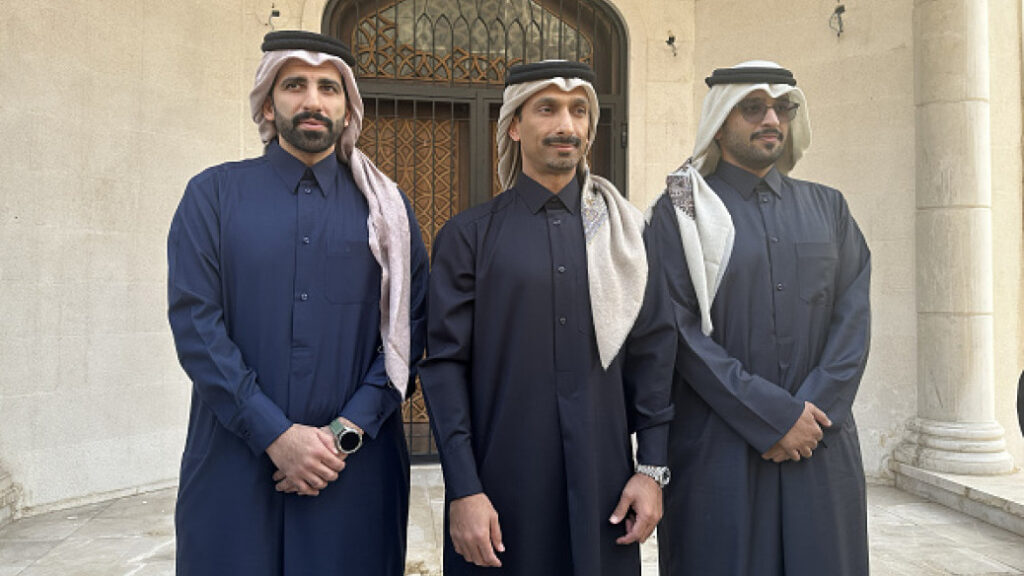Islamabad, Dec 24: Top Arab diplomats recently met with Syria’s new leadership to discuss the rebuilding of the war-torn country and potential future cooperation.
The latest to arrive in Damascus was a Qatari diplomatic delegation led by the Minister of State for Foreign Affairs, marking the first Qatar Airways flight to land in the Syrian capital since the overthrow of Bashar al-Assad’s regime two weeks ago, as confirmed by Qatari Foreign Ministry spokesperson Majid Al-Ansari.
Al-Ansari shared that the delegation, headed by Mohammed Al-Khulaifi, aims to reaffirm Qatar’s support for Syrian sovereignty and promote a smooth political transition, alongside helping with the nation’s reconstruction.
Qatar has also become the second country, after Turkey, to reopen its embassy in Syria following its 13-year closure due to diplomatic tensions with the Assad regime.
Al-Ansari further highlighted that Mohammed Al-Khulaifi is the highest-ranking Qatari official to visit Syria since the end of Assad’s 54-year rule.
This visit follows other prominent regional and Western diplomatic efforts aimed at securing stability in Syria after years of civil war.
On the same day, Jordanian Foreign Minister Ayman Safadi visited Syria’s new leader, Ahmed al-Sharaa, in Damascus. The two leaders discussed opportunities for cooperation in trade, aid, and security.
This marked the first visit by a senior Jordanian official since Assad’s fall. Al-Sharaa also met with a Saudi delegation and expressed optimism about future collaboration, particularly regarding Saudi Arabia’s Vision 2030 development plans.
Meanwhile, Iran, which had long supported Assad, reiterated its stance on Syria’s sovereignty but clarified it had no direct contact with the new leadership in Syria. Iranian foreign ministry spokesman Esmaeil Baqaei emphasized that Syria’s future should be determined by its people without foreign interference, stressing that such a scenario would have regional consequences.
In contrast, Syria’s new leader, al-Sharaa, has been a vocal critic of Iranian influence in Syria under Assad. He stated that Syria had previously become a platform for Iran’s destabilizing activities in the region, including spreading drugs like Captagon and fueling conflicts.
Al-Sharaa also mentioned that his administration would prioritize protecting Syria’s diverse ethnic and religious groups and announced plans to bring all weapons under state control, signaling the integration of armed factions into the national army. This development follows an upcoming review with military officials on restructuring Syria’s defense forces.
